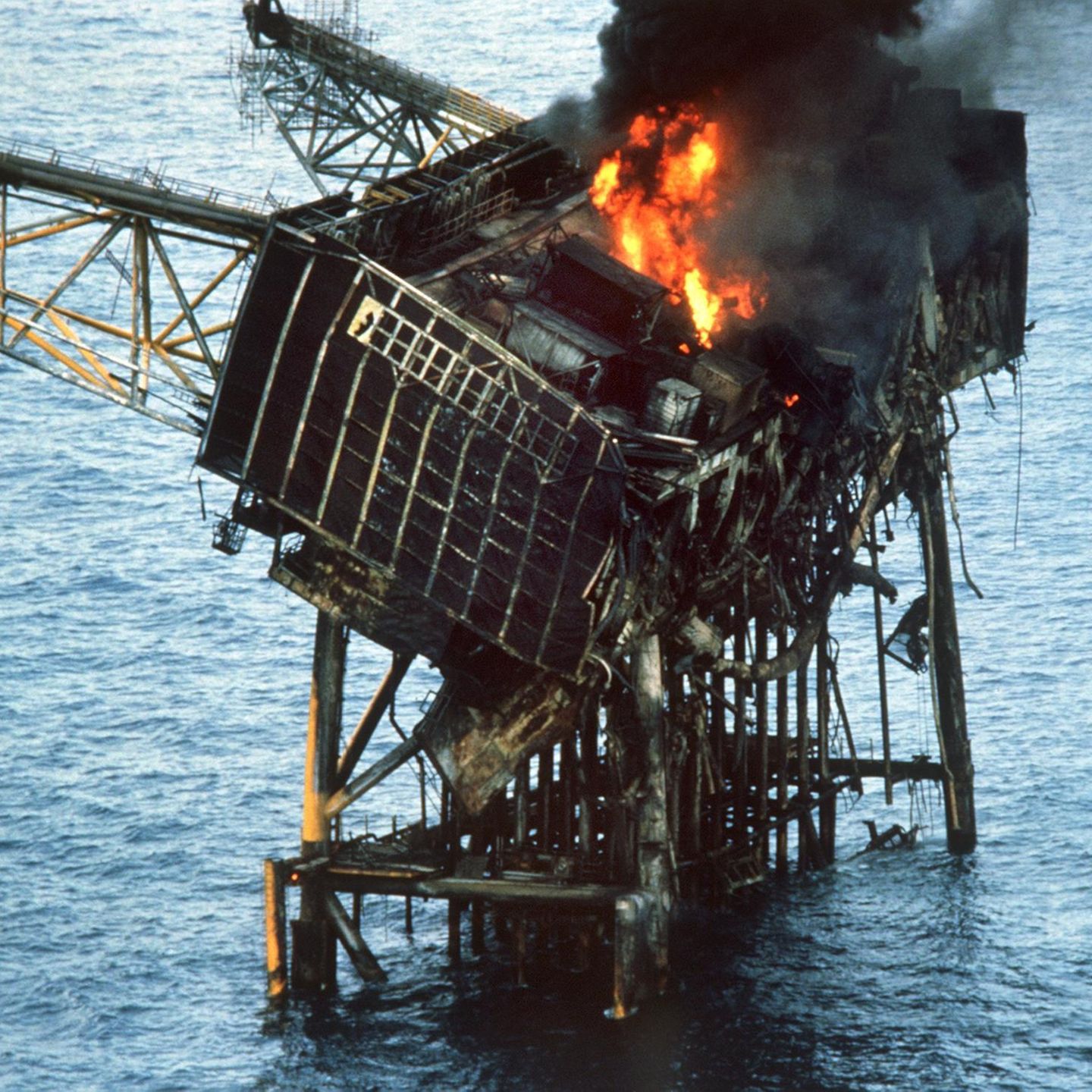
Introduction
The Piper Alpha disaster, which occurred on July 6, 1988, remains one of the deadliest offshore oil rig accidents in history. This devastating event not only resulted in the loss of 167 lives but also prompted significant changes to safety regulations and procedures within the oil and gas industry. As the world continues to rely on fossil fuels, understanding the causes and implications of the Piper Alpha incident is more crucial than ever for improving workplace safety and preventing similar tragedies.
The Incident
The Piper Alpha was an oil production platform located in the North Sea, approximately 120 miles northeast of Aberdeen, Scotland. On the fateful night of July 6, a series of negligently managed operations led to the ignition of flammable gas, resulting in a massive explosion that destroyed the platform within hours. Investigation reports revealed that maintenance work and a failure to adhere to safety protocols were key factors contributing to the catastrophe.
Impact and Response
The immediate aftermath of the disaster was devastating. In total, 167 workers lost their lives, and many others sustained severe injuries. The impact was felt across the oil and gas industry, prompting a re-evaluation of safety measures. Following the incident, the UK government initiated a public inquiry led by Lord Cullen. The Cullen Report highlighted major flaws in the safety management system of the platform and highlighted recommendations aimed at preventing future disasters.
Lessons Learned
One of the most significant outcomes of the Piper Alpha disaster was the overhaul of the UK offshore oil and gas industry’s safety regulations. Companies were compelled to adopt more rigorous safety protocols, including better training for emergency response teams and improved communication systems between workers. The Health and Safety Executive (HSE) also implemented stricter guidelines to ensure that safety management systems were well-established and enforced.
Conclusion
The Piper Alpha disaster serves as a poignant reminder of the importance of stringent safety regulations and the commitment of companies to prioritise worker safety above all else. Continuous education, proactive risk management, and robust emergency response procedures are essential for not only preserving life but also for maintaining public trust in the energy sector. As fossil fuel reliance persists, the lessons drawn from Piper Alpha are invaluable, reinforcing the need for an unwavering focus on safety in high-risk industries.
You may also like

Unveiling the Send Help Movie: A Gripping Thriller

Understanding the Current Situation in Chechnya
